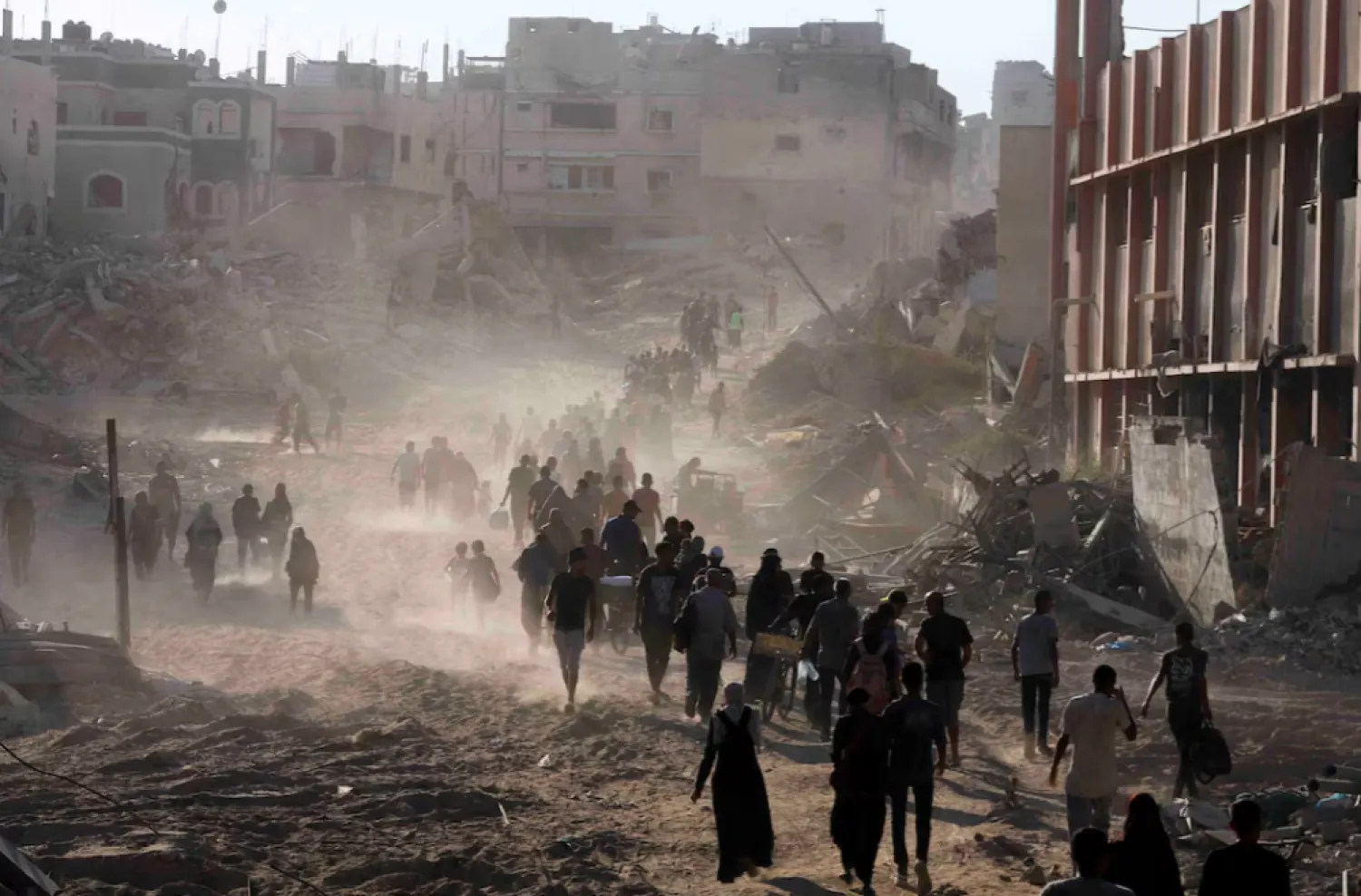A Palestinian source familiar with negotiations aimed at securing a truce between Israel and Hamas in Gaza said Monday that a new proposal involved the release of 10 hostages, a 70-day ceasefire and a partial Israeli withdrawal.
The outline of the new potential deal comes as Israel ramps up its offensive in the Palestinian territory, and follows previous rounds of talks that have failed to reach a breakthrough ever since a two-month ceasefire fell apart in mid-March.
"The new proposal, which is considered a development of the path and vision of US envoy Steve Witkoff, includes the release of 10 living Israeli hostages held by Hamas in exchange for a 70-day truce, a partial withdrawal from the Gaza Strip (and) the release of a number of Palestinian prisoners," the source close to negotiations told AFP.
The source added that mediators presented the proposal "over the past few days", without specifying whether it came from the United States, Egypt or Qatar, all of which have been involved in the ceasefire talks throughout the war.
The proposal would involve the release of "five living Israeli hostages during the first week of the agreement's implementation, and five others before the end of the truce period".
A second Palestinian source familiar with the talks told AFP that "Israel and Hamas will study the proposal and both sides will respond to the mediators".
Israel said last week that it was recalling its senior Gaza hostage negotiators from Doha "for consultation", while leaving some of its team in the Qatari capital.
Israel has recently intensified its campaign in Gaza, calling it an "expansion of the battle" against Palestinian militant group Hamas.
The last ceasefire between the sides fell apart amid disagreements over how to move forward, with Israel resuming its operations in Gaza on March 18.
On March 2, Israel imposed a total aid blockade on the territory that it said was aimed at forcing concessions with Hamas, with UN agencies since warning it has created critical shortages of food, clean water, fuel and medicines.
Israel partially eased the blockade last week, and aid trucks have begun to trickle back into Gaza, though humanitarian groups have urged it to allow more supplies to enter faster.









